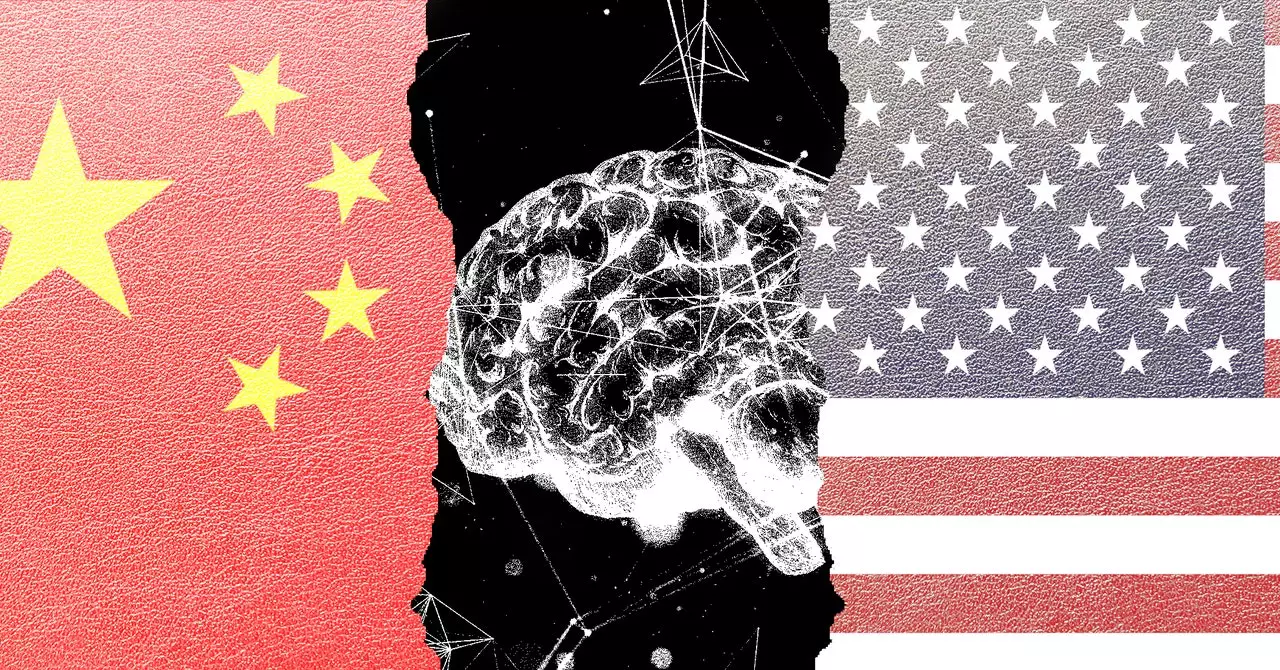The world of international investment, particularly in the dynamic sector of artificial intelligence (AI), is undergoing significant changes, largely driven by evolving U.S. government policies toward China. As the regulatory environment becomes increasingly complex, U.S. investors interested in Chinese AI startups face heightened demands for thorough due diligence. This move reflects a broader geopolitical strategy aimed at safeguarding national interests while also testing the waters of international collaboration.
One of the most pronounced shifts heralded by the recent changes in U.S. Treasury Department regulations is the increased responsibility placed on American investors. Unlike previous processes governed by committees like the Committee on Foreign Investment in the United States (CFIUS), the current approach emphasizes self-reporting. Investors are expected to conduct meticulous research on whether their target companies comply with new guidelines, particularly regarding the performance of AI models. The threshold has been set at 1023 floating-point operations per second (flops), meaning that even companies with seemingly minor computational capabilities will require scrutiny.
In practice, this extended parameter means that the majority of significant AI enterprises could still pose compliance risks, placing a new burden of investigation on the shoulders of venture capitalists. Robert A. Friedman, a legal expert on international trade, emphasizes the extent of this requirement: transactions that technically fall below the stated threshold could still necessitate disclosures, thus complicating investment decisions. This change not only adds to the operational workload for investors but also introduces an element of uncertainty as they navigate a rapidly evolving regulatory environment.
The implications for venture capitalists looking to diversify their portfolios internationally are profound. While domestic AI firms may celebrate this protective stance, foreign investments have increasingly become complex and fraught with challenges. U.S. investors must adapt to a landscape where they bear the dual responsibilities of ensuring compliance with stringent regulations and justifying their investment choices to the Treasury Department.
Furthermore, as these rules begin to take effect come January 2, venture capitalists will find themselves in a precarious position, balancing the pursuit of growth opportunities in China against the potential risks of non-compliance. This scenario complicates strategic discussions and may ultimately discourage investment in Chinese startups, particularly those involved in advanced technologies that the U.S. government perceives as critical to national security.
Adding another layer to this intricate web of investment regulation is the U.S. government’s ongoing efforts to collaborate with international allies. The initiatives aim to create a unified front, encouraging G7 countries and others to adopt similar investment restrictions targeting Chinese companies. This could streamline compliance for investors but risks inciting retaliatory measures from China.
Moreover, the political landscape surrounding these regulations looms large. Speculation about shifts in government leadership, particularly regarding a potential return of Trump-era policies, raises questions about the durability and adaptability of current regulations. The venture capital community, especially those aligned with pro-Trump sentiments, may push back against these restrictions, potentially driving a more lenient regulatory atmosphere.
The prospect of legislative or executive adjustments could significantly alter the regulatory framework again, potentially leading to wider restrictions on Chinese firms across various sectors beyond AI, including biotechnology and energy.
The Biden administration’s approach, summed up in the metaphor of a “small yard, high fence,” attempts to delimit areas of heightened scrutiny while still allowing for growth in sectors deemed less sensitive. However, with the possibility of a more aggressive stance in the future, an even larger portion of the “yard” could fall under scrutiny depending on the administration’s political alignment and priorities.
If the Republican leadership opts to escalate regulations further, it could pave the way for comprehensive policies that restrict not just AI startups, but also businesses in adjacent growth sectors. The stakes are considerably high—not just for investors aiming for potential breakthroughs but also for the broader dialogue about U.S.-China relations.
Ultimately, navigating this new regulatory environment will demand agility and vigilance from U.S. investors. As they face enhanced due diligence procedures and the specter of shifting political directives, the need for comprehensive understanding and strategic foresight in international investment has never been more critical.

